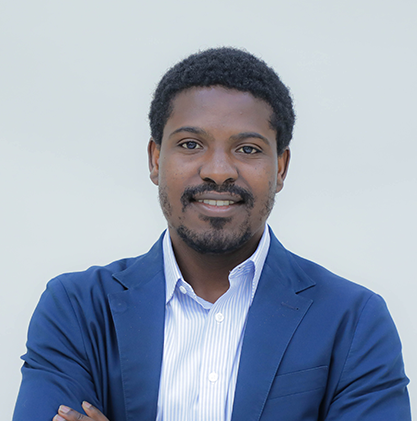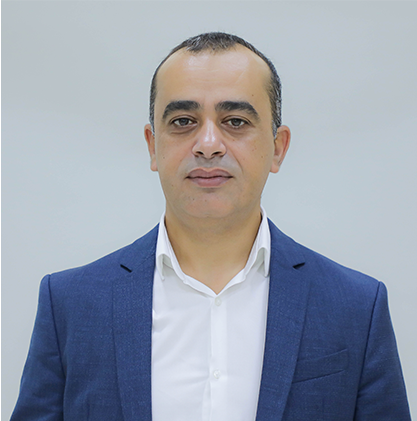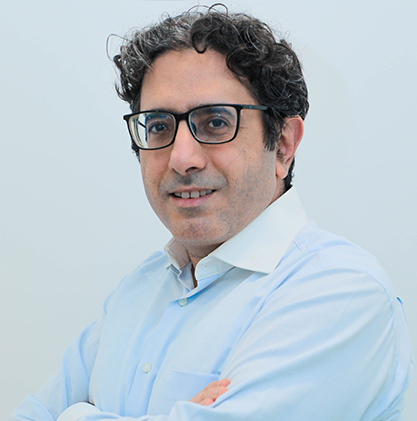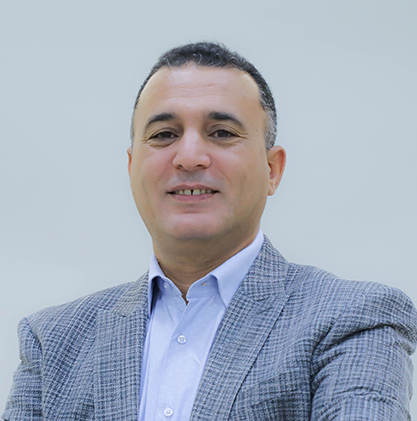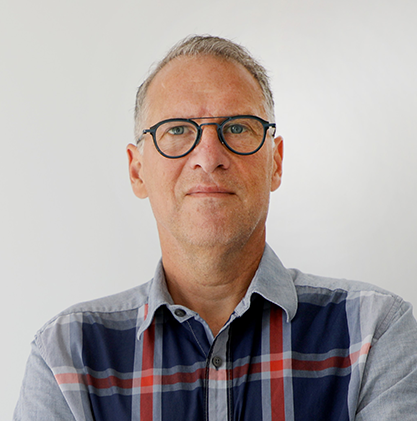Fil d'Ariane
GROWTH, DEVELOPMENT & ENVIRONMENT
The program explores the complex relationship between economic growth, environmental sustainability, and citizen well-being in developing countries. It focuses on finding solutions to stimulate economic growth while minimizing adverse environmental impacts and transitioning to renewable energy sources. This research sheds light on the crucial interplay between growth, welfare, and the environment, providing insights for sustainable development in the Global South.
Both developing and developed countries face many challenges. They are looking for solutions to improve the well-being of their population, reduce poverty and improve the quality of the environment. Climate change, globalization and economic transformations pose major challenges for managers in these countries. Growth is necessary to achieve these objectives, but this growth puts pressure on the quality of the environment, contributes to greenhouse gas emissions and can contribute to increasing inequalities in society. In addition, climate change affects developing countries in an unbalanced way, particularly African countries, even though they contribute less to it. In this context, it is important to better understand the relationship between economic growth, environmental quality and the improvement of the well-being of citizens in developing countries. This includes understanding how to stimulate economic growth while minimizing negative impacts on the environment, and how to stimulate the transition to renewable energy.
The «Growth, Development and Environment» (GDE) program aims to produce research that will shed light on these major questions by considering the particular context of the countries of the new South. In other words, the program aims to shed light on the nexus of growth, welfare and environment.
In this context, it is important to improve our understanding of the relationships between economic growth, environmental quality, and the improvement of the well-being of citizens in developing countries. These relations are at the nexus of sustainable development three pillars. Among the relations that need better understanding is how to stimulate economic growth while minimizing negative impacts on the environment, and how to stimulate the transition to renewable energy. How to take advantage of the important endowment of natural resources in Africa without getting trapped in the resource curse and Dutch disease. What development strategies can lead to pro-poor growth. What transformation is required in the agricultural sector to meet the needs of the population, promote the well-being of farmers that constitutes a large share of the population and be respectful of the environment.
The development models of the future will need to be adapted as the needs of poor and vulnerable populations in Africa are great but the ecosystems and more and more fragile. Fossil fuels can no longer be relied on as the pilar for development and its share in the energy mix will need to be reduce rapidly. Globalization has provided great benefits to many countries, but the recent crises have highlighted the vulnerability of gains from this process. The new models need to take these limits into account for the design of sustainable development strategies.
Overall objectives :
- Conduct applied, evidence-based research.
- Develop analytical tools to elucidate the interrelationships between growth, population development and environmental quality improvement.
- To propose theoretical developments to inform the debate.
- To guide public policies towards solutions that reconcile well-being and inclusive.
Research Topics :
- Growth as an engine of development
- Economic and Social Development
- Environmental issues
- The role of agriculture and natural resources

